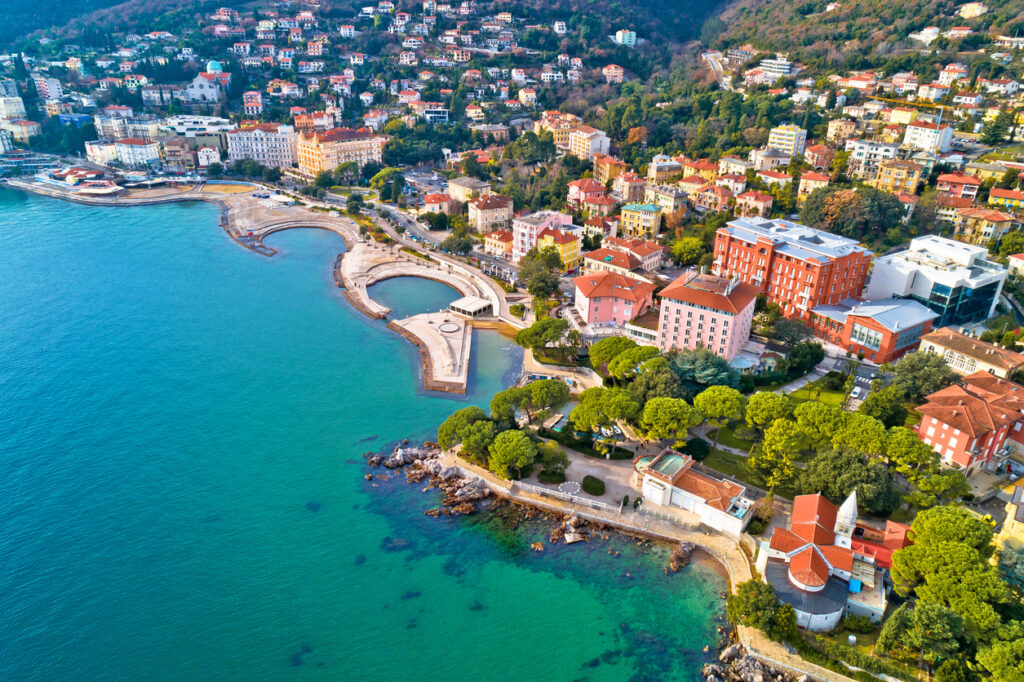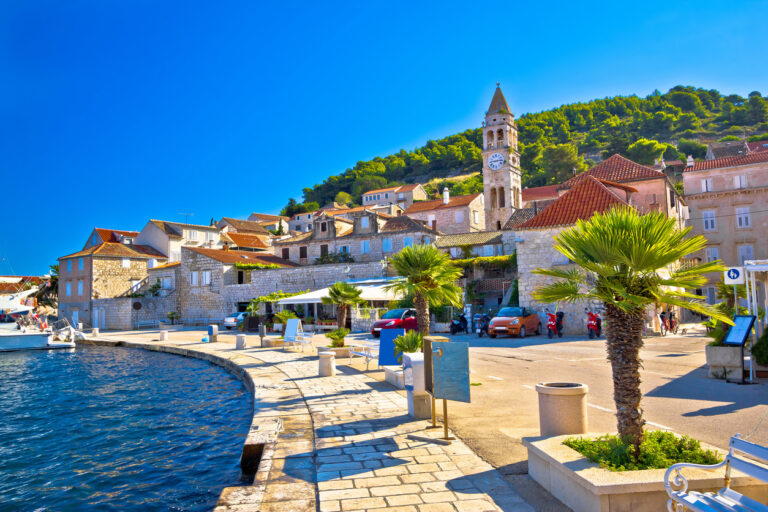Croatia is pushing to become the top destination in Europe for digital nomads.
While the Central and Southeastern European country has strong competition for that title, it is set apart by several factors, including its Mediterranean climate, relatively low cost of living, abundance of English-speaking locals and a new digital nomad visa program with appealing terms.
Prior to 2020, Europe was a somewhat less attractive region for digital nomads, with few countries making it easy, or affordable, for remote workers to visit for more than 90 days at a time.
However, everything changed when the COVID-19 pandemic crippled tourism worldwide while simultaneously unleashing millions of new remote workers onto the global job market.
The unprecedented situation prompted several European countries, including Estonia, Georgia and Greece, to introduce special digital nomad visas, hoping that allowing remote workers to stay long-term would boost their flagging economies.

Croatia launched its digital nomad visa program in January 2021, making it one of the first European countries to get its program up and running. The generous terms of the visa also made it clear that the Croatian government was serious about attracting remote workers.
Under the initiative, digital nomads can live and work in Croatia for a full year, ending the need to leave the country after just three months. In addition, remote workers don’t have to pay Croatian income taxes as long as they pay income taxes in their home country.
While the visa is not renewable, remote workers can apply for a second visa after leaving the country for six months.
To be eligible for the program, applicants must prove that they work remotely for a non-Croatian employer, make at least $2,700 USD per month and have health insurance.
Around 100 digital nomads have applied for the new visa since January, half of which have been American or British. So far, 33 applications have been approved.
The very first visa recipient, American entrepreneur Melissa Paul, told AFP why Croatia is great for digital nomads.
“Croatia is gorgeous,” said Paul, who lives in the hilltop town of Labin. “It’s beautiful living here, affordable compared to other places, has a great climate [and] good internet access.”
Cities within Croatia are also competing for remote workers.
Earlier this year, Dubrovnik launched the world’s first Digital-Nomad-In-Residence contest, which awarded 10 lucky remote workers free accommodation in the city for one month. Meanwhile, Sibenik recently opened its very first digital nomad office.
However, word has it that digital nomads who want to enjoy cheap accommodations, high-speed internet, gorgeous beaches and ancient Roman ruins should check out Split.

